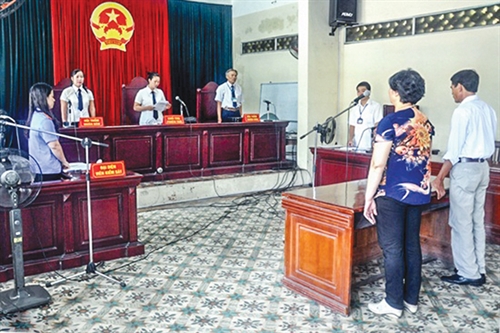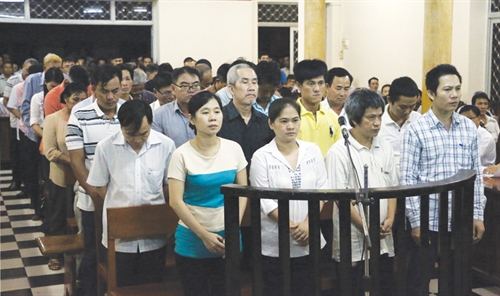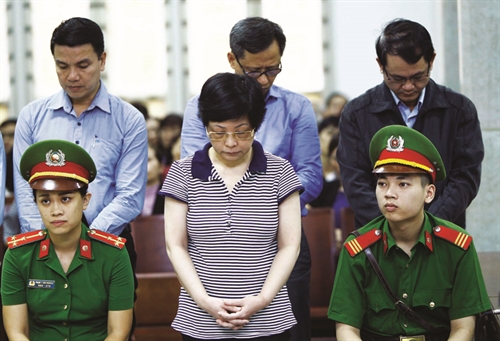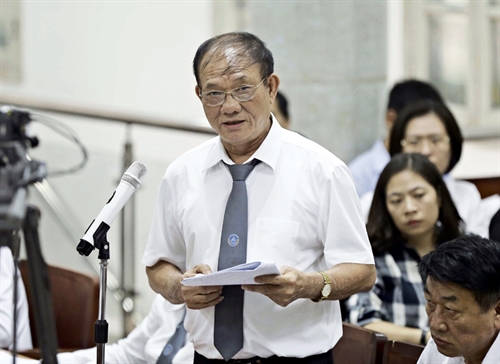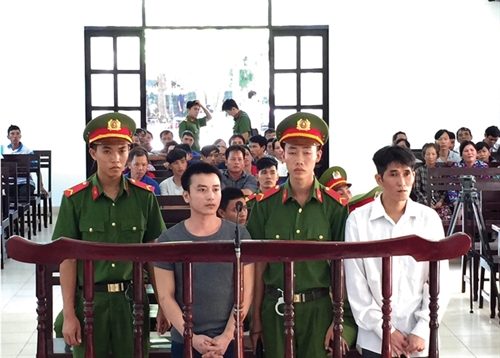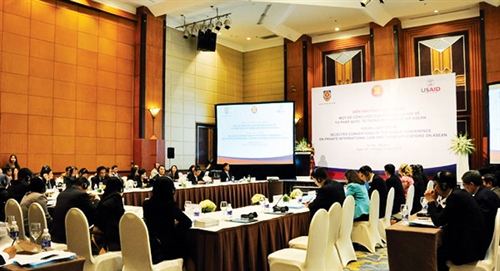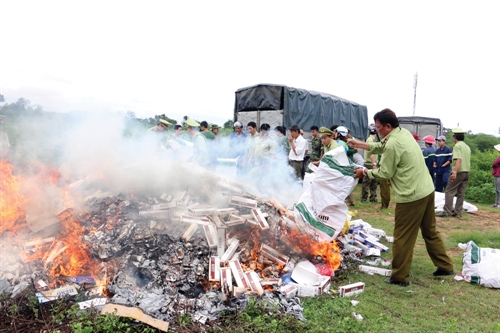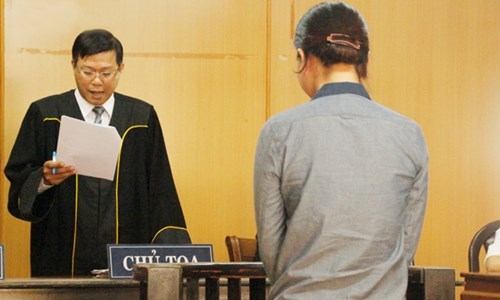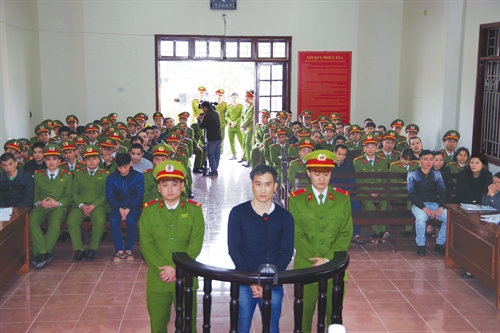Pham Duy Khuong, Lawyer
Director of SB LAW
The Law Amending a Number of Articles of the 2015 Penal Code (the Code) tool effect on January 1, 2018. The new legal texts provide more drastic measures for IP rights holders and enforcement bodies to fight IP infringements in general and software piracy in particular.
What acts would be treated as crimes infringing upon copyright and related rights
With regard to copyright and related rights, Article 225 of the Code prescribes two infringing acts: (i) reproducing works, phonograms or video recordings; and (ii) distributing to the public copies of works, phonograms or video recordings.
In addition to the sign “on a commercial scale” which was also prescribed in the 1999 Penal Code and must be explained by enforcement bodies in guiding regulations, the Code uses other signs to identify these crimes, including (i) illicit profits earned, (ii) loss/damage of the copyright and related rights holder/owner and (iii) amount of infringing goods. The criminal records or administrative violation history of infringers will also be referred to as a ground for handling their infringements. The quantitative levels of these signs are shown in the table. Those levels would make it easy for intellectual property rights holders and enforcement bodies in handling copyright and related rights infringements.
| Sign | Illicit profits (VND) |
Loss/damage of holders/owners of copyrights and related rights (VND) |
Amount of infringing goods (VND) |
| Subject | |||
| Individuals | Between 50 million and under 300 million | Between 100 million and under 500 million | Between 100 million and under 500 million |
| Corporate legal entities | Between 200 million and under 300 million | Between 300 million and under 500 million | Between 300 million and under 500 million |
| Corporate legal entities that have been administratively sanctioned for any IPR infringement or convicted for the same infringement but not yet had their conviction remitted | Between 100 million and under 200 million | Between 100 million and under 300 million | Between 100 million and under 300 million |
An individual that takes one of the aforementioned acts showing one of the signs in the table will be liable to a fine of between VND 50 million and VND 300 million or face a community sentence of up to three years. The punishment may be increased up to a fine of between VND 300 million and one billion or imprisonment of between six months and three years if the offense is committed in an organized manner or for more than once or the illicit profit reaped is at least VND 300 million or the loss incurred by copyright and related rights holders is at least VND 500 million or the infringing goods are valued at VND 500 million or more.
A corporate legal entity that commits one of the aforementioned acts showing one of the signs in the table will be liable to a fine of between VND 300 million and 1 billion. The punishment may be increased up to a fine of between VND 1 billion and 3 billion or suspension from business operation for between six months and two years. The violating corporate legal entity may also be subjected to a fine of between VND 100 million and 300 million, be banned from operating in certain fields or from raising capital for one to three years.
In order to handle an infringement upon copyright/related rights, the right holder is entitled to request the enforcement bodies to investigate/inspect whether the infringement can be criminalized.
Upon receiving the request of the copyright/related rights holder, the enforcement bodies must examine whether the infringement has the criminal signs as specified in Article 225 of the Code. To serve that examination, the determination of illicit profits of the infringer or the loss/damage of the rights holder or the value of the infringing goods is required.
As per the criminal procedure law, the enforcement bodies have the right to capture infringement suspects, seize infringing goods, means and equipment, including electronic media and data, emails and mails which have been used for committing infringements, in order to stop infringing acts promptly and facilitate the investigation of infringements, particularly those committed via the Internet.
Involved people and organizations and other state agencies have to cooperate with enforcement bodies carrying out the infringement investigation and provide information and documents at the latter’s request.
Software infringements
This is the first time in the history of intellectual property rights enforcement in Vietnam, software copyright holders and enforcement bodies can evaluate the scope and nature of software infringements and decide which measures, administrative handling or criminal enforcement, to be taken to handle infringements.
At present, the standard procedure for figuring out infringements of the Business Software Alliance (BSA) or a software company is cooperation with the enforcement bodies and on-site inspection in locations of alleged infringers. In case the enforcement bodies find out infringed software which have been installed and used without any permission from software owners, they have to calculate the number of the infringed software and make written records of infringements before issuing sanctioning decisions. The most common penalty is fine. The highest fine of between VND 30 million and 70 million will be imposed for the act of infringing upon the right to reproduce works and a fine of between VND 20 million and 60 million for the act of infringing upon the right to distribute originals or duplicates of works to the public. In case software owners wish to receive compensations from infringers, they have to negotiate with the latter or file lawsuits at a civil tribunal.
The enforcement bodies may issue decisions to criminally charge (software) copyright infringers without any official request of (software) copyright holders. This is a new provision of the 2015 Criminal Procedure Code compared to the 2003 Criminal Procedure Code.-
